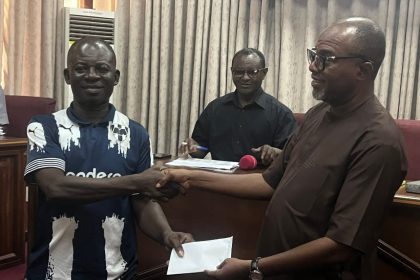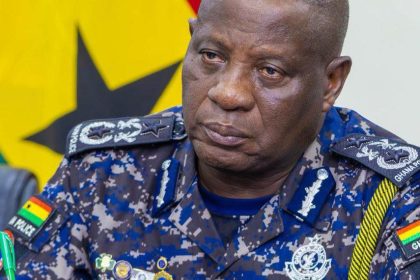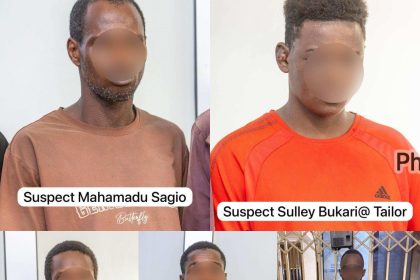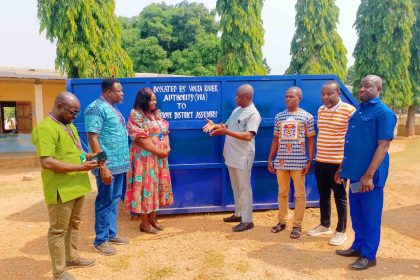The University of Ghana has initiated a formal internal review into the conduct of two of its senior academics, Professor Ransford Gyampo and Dr George Domfeh, following a heated confrontation during a live television discussion that has since sparked national debate.
The incident occurred on the November 15 edition of TV3’s current-affairs programme The Key Points. What began as a standard policy discussion quickly degenerated into acrimony when Dr Domfeh, a development economist, made remarks that Professor Gyampo’s legal team later described as defamatory. According to the lawyers, Domfeh accused Gyampo of “sleeping with under-age girls,” a claim they said was false, reckless and damaging to the professor’s reputation. The exchange prompted an on-air and off-air confrontation, with sections of the public speculating that the altercation nearly became physical. While Dr Domfeh has claimed that Professor Gyampo attempted to assault him, TV3 says no punch was thrown and has urged viewers to rely on the official broadcast rather than unverified footage circulating online.
The University of Ghana, in a statement issued on November 21, said the conduct of both men had fallen short of expectations. The university explained that the matter would be handled under the University Statutes (2024) and the Code of Conduct for Academic Senior Members (2011), stressing that faculty who appear on national platforms are expected to display professionalism, restraint and respect for the institution they represent. According to the university, the public nature of the altercation required “a structured, fair and rigorous examination” to preserve public trust in the academic community.
TV3 has also responded to the controversy, describing the episode as “unfortunate” and confirming that it will review its protocols for managing live panel discussions. The station has been criticised by both academics and viewers, with Dr Domfeh suggesting the media house mishandled post-broadcast footage and may have contributed to what he called a “trap.” Media General has rejected those claims and maintains that its editorial decisions on what aired were based solely on journalistic standards.
In the hours following the broadcast, Professor Gyampo’s lawyers issued a formal letter demanding an immediate retraction and apology from Dr Domfeh. The letter insisted that the apology be public and issued through a platform with prominence equal to TV3’s. It also warned that court action would follow if the economist failed to comply.
Efforts toward de-escalation began soon after. Both academics later confirmed that they had spoken by phone and offered each other apologies. Dr Domfeh publicly stated that he regretted the “harshness” of his comments and said the two had agreed to move on. Professor Gyampo, in his own statement, called Domfeh his “brother” and said the episode should be put behind them. However, tension resurfaced when Domfeh later clarified that Gyampo had initially acknowledged wrongdoing in private but appeared to deny it publicly. That remark has left some uncertainty about how fully resolved the matter truly is.
The University of Ghana’s review is expected to consider not only the allegations made on air but also the behaviour of both men during and after the broadcast. Possible outcomes range from a formal caution to disciplinary measures, depending on the findings. The university has indicated that it will not provide running commentary but will communicate its conclusions when the process is complete.
The incident has ignited a wider conversation about the standards expected of academics who frequently appear on political talk shows and shape public opinion. It has also highlighted the growing scrutiny placed on media platforms that host sharp, often polarising debates. For now, the country awaits the findings of the university’s review — and whether the institution will issue any sanctions to preserve its reputation and set clearer expectations for public engagement by faculty.






